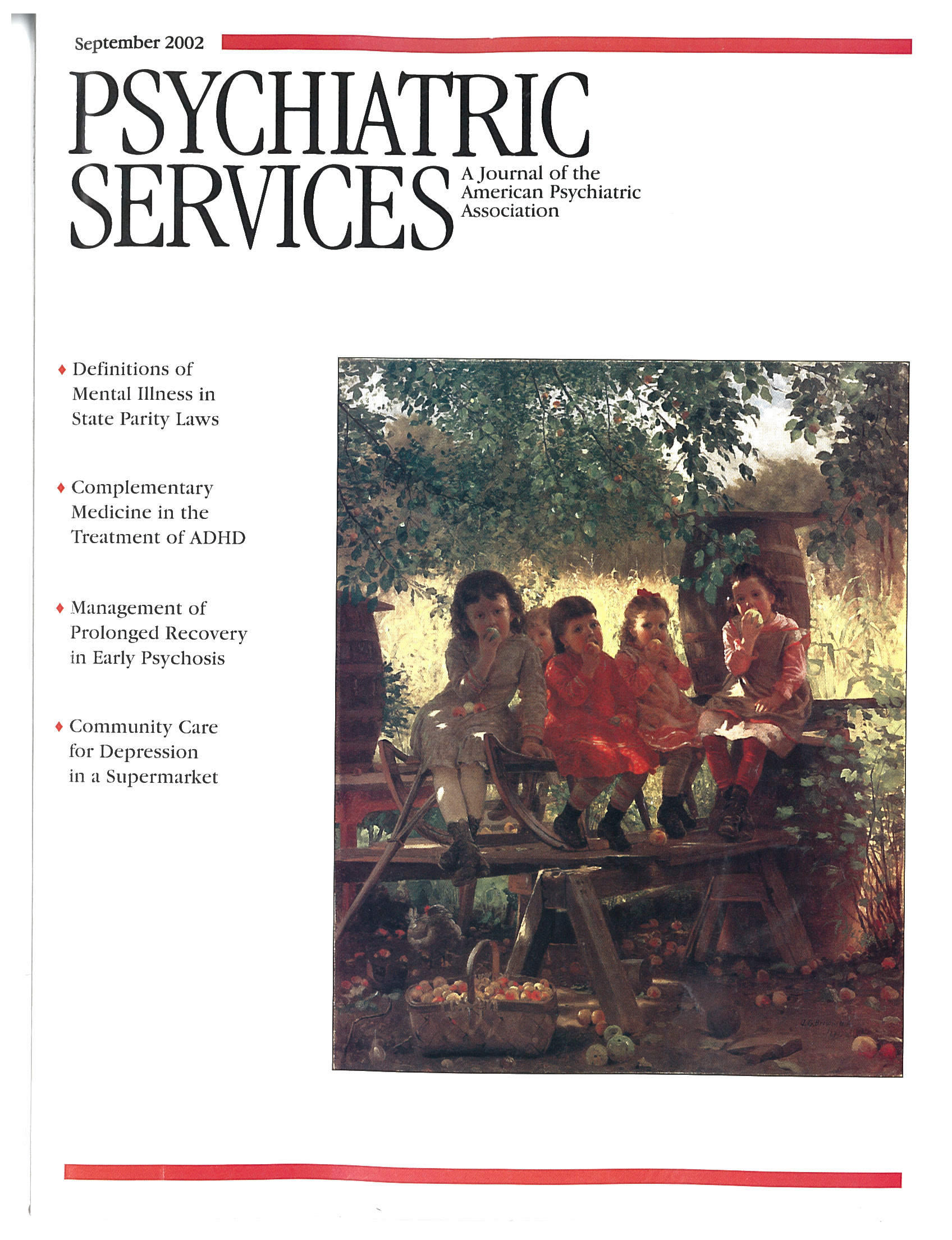Most of the mental health infrastructure and services for persons with severe mental illness assume a chronic course of illness, and patients with new-onset illness are often oriented toward the lifestyle expected of a lifelong struggle with mental illness. However, there is growing evidence that many people do recover from a first episode of psychosis and that their needs may be different than those of chronic patients.
Our understanding of schizophrenia as a neurodevelopmental disorder is growing. The prodromal stages and acute episodes that often begin during late adolescence cause a great deal of damage to the social, educational, and occupational development of those who experience them. Earlier identification of persons at risk, even before the advent of frank psychotic symptoms, might shorten the episode and reduce its overall impact on patients and their families, both initially and in the long term.
The Early Stages of Schizophrenia is an inspiring book for mental health professionals who work with people who have schizophrenia. The editors achieve their goals of demonstrating that people in the early phases of schizophrenia have special needs and that meeting those needs provides the best long-term outcome.
The book is organized into three sections. The first looks at three distinct approaches to the epidemiology and natural history of the early phase of schizophrenia. The most intriguing is in a chapter entitled "Closing In," in which the authors describe their efforts to identify the features that predict onset of psychosis in an ultra-high-risk group before a first episode of psychosis. By distilling a referral base with screening criteria, they were able to select a study sample of which 40 percent became psychotic during the one-year follow-up period. Many insights into the natural history of schizophrenia as well as early interventions may follow from this line of research.
The second section explores clinical management in the early stages of schizophrenia. The chapter on pharmacologic management offers compelling arguments that dosages of neuroleptic medications should be carefully titrated for new patients, because the effective dosages are lower and the minimization of side effects is important for treatment compliance. Chapters on meeting the emotional needs of patients and on family intervention show that the needs of people with a recent diagnosis, often adolescents, are different from the needs of chronic patients.
The third section examines the neurobiological investigations into the early phases of schizophrenia. This is a growing area of research that is likely to add to the understanding of the disorder and treatment strategies in the future.
As its editors intended, this volume gives hope. The book also inspires those who work with people who have schizophrenia to pay special attention to a person's first episode of psychosis and to provide an integrated approach to lessen the impact of the illness on the person's life. Continued research on the early stages of schizophrenia will no doubt lead to changes in the mental health infrastructure.

